Australia should win Eurovision. Sadly, we won’t
We may not be a European nation, but five years after joining the Eurovision Song Contest, we’ve earned a win fair and square, writes Kathy McCabe. Here’s why it’s truly Australia’s turn to wear the crown.
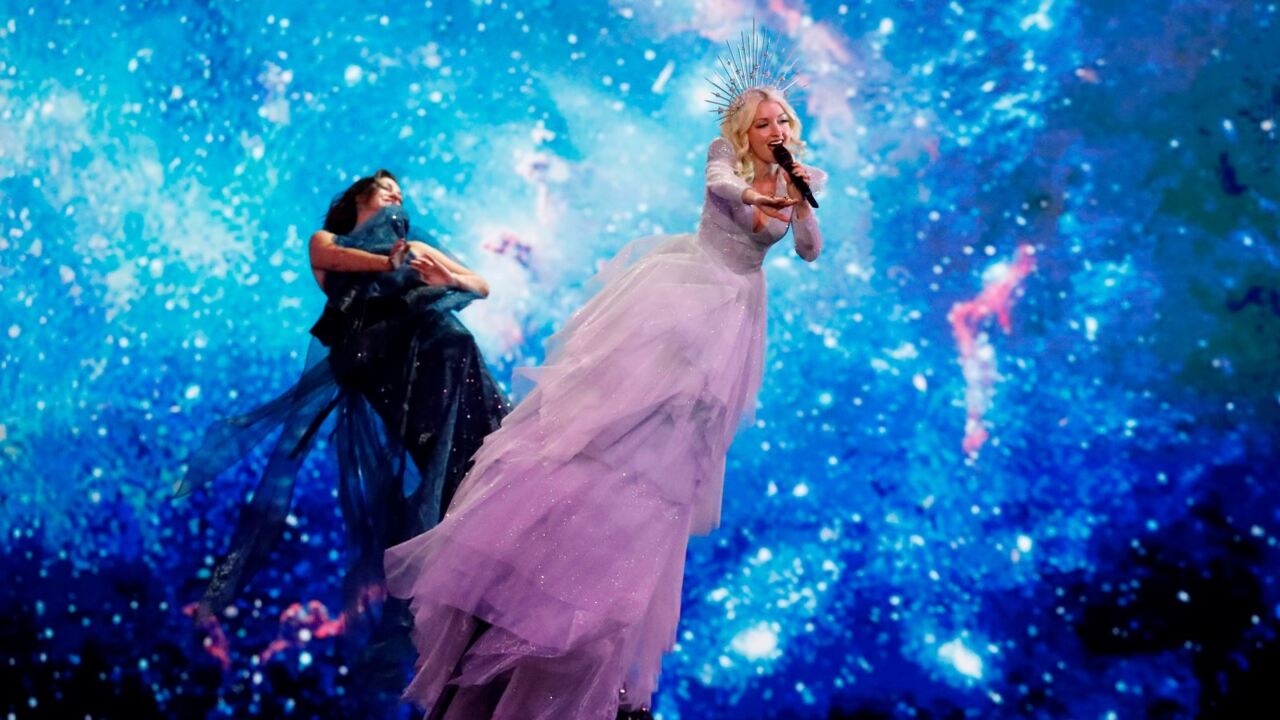
Rendezview
Don't miss out on the headlines from Rendezview. Followed categories will be added to My News.
Australia has as much chance of winning the Eurovision Song Contest as we do of ever clutching the FIFA World Cup.
Conversely, the gods of odds favour our Kate Miller-Heidke in this year’s competition as highly as they do the Matildas at the Women’s World Cup next month. Because at Eurovision, like any great sporting contest or political election, anything is possible.
Miller-Heidke arrived in Tel Aviv rated an outside chance to make the top 10 in her first semi-final and therefore progress into the grand final, as our previous four Eurovision representatives have done.
RELATED: From Madonna to Kate Miller-Heidke … what you need to know about famous ‘song contest’
Despite her emotionally-charged fusion of pop and opera with the wholly original Zero Gravity — a song I believe to be peak Eurovision — the diehard fans weren’t overly impressed after her win at the inaugural national selection show Australia Decides in February. They have, after all, seen a parade of operatic singers in fabulous couture creations over the decades.
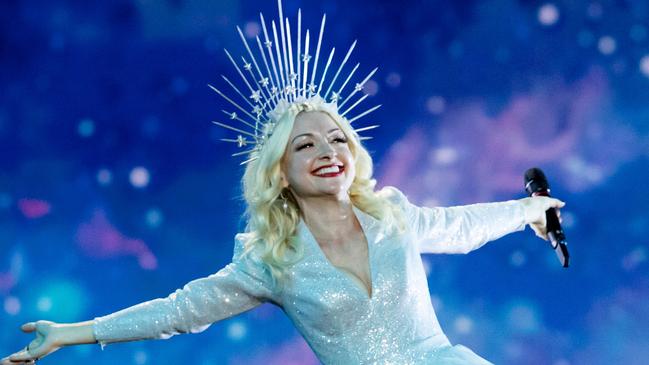
Yet, as any Miller-Heidke fan is acutely aware, to experience this prodigiously talented singer, composer and performer in action on any stage, is to discover she is a singular artist, indeed one of a kind. Her voice soars, her storytelling affects and entertains, and as Eurovision has now discovered, she can fly. On a bendy pole.
Miller-Heidke’s dramatic staging, the best Australia has created in five years of competition, is fearless, visually striking and so thoroughly captivating you wish her performance extended beyond the maximum of three minutes allotted by the competition regulations.
RELATED: Kate Miller-Heidke makes Eurovision grand final
Combined with that otherworldly three-octave range and her graceful, often gleeful movement, our Kate is undisputedly one of the knockout acts at this year’s iteration of the world’s biggest music event. She is simply world class.
And that class, both on and off that five-metre-high bendy pole, is why she has leapt from nowhere to now be considered by pundits and fans as a genuine contender in this weekend’s final, along with the Netherlands, France and the popular polarisers Iceland.
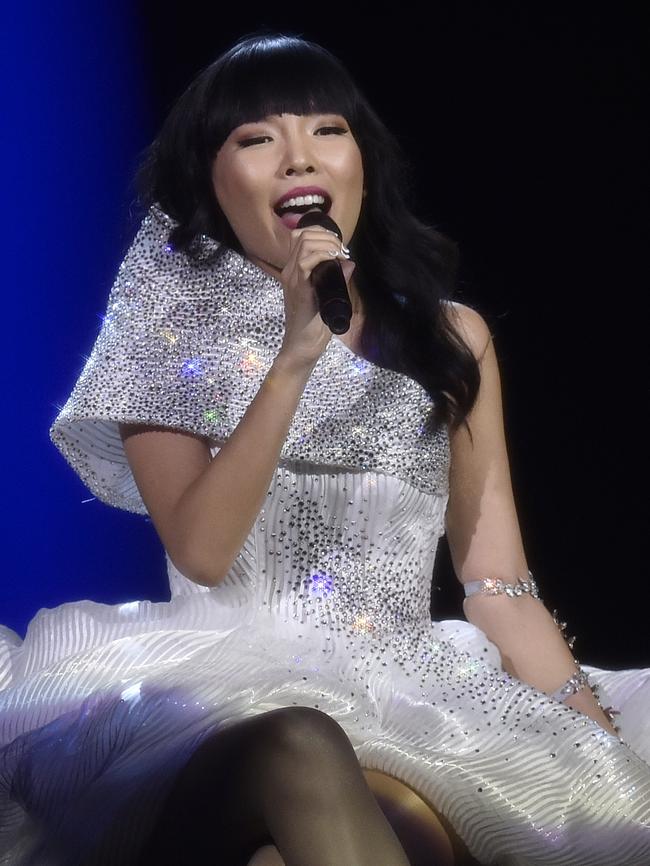
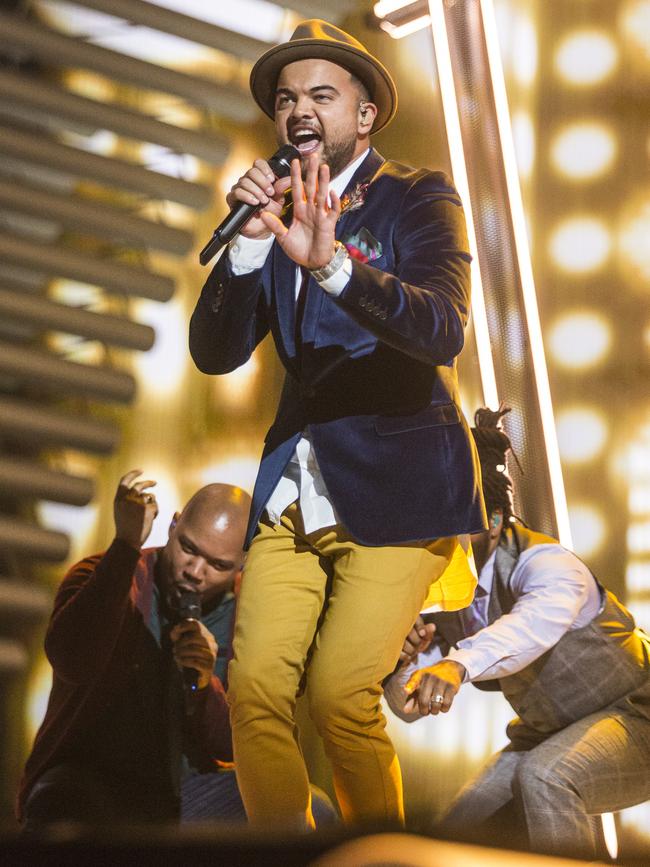
The merit and excellence of Miller-Heidke’s performance should be all that counts in the voting. But there are many among the 200 million fans who will watch the final who remain bemused and even suspicious as to why Australia is even competing in Eurovision.
Like the host country Israel, Australia has no geographical connection to Europe. What the Euro-cynics, and even thousands of fans in Australia don’t understand, though, is that Eurovision needs us and that is why we are there.
RELATED: Kate Miller-Heidke opens up about her son, Ernie
The unbelievers are unaware our multinational nation has delighted in watching the world’s epically kitsch collision of song, costume, dancing and props for more than 35 years thanks to SBS. The doubters are oblivious to the fact our ethnically-focused public broadcaster has been a member of the European Broadcasting Union, which stages Eurovision, since 1979.
And after decades of knocking back the entreaties of SBS to compete, we decided in 2013 it was high time to explain Why Australia Loves Eurovision, with the hilarious Greetings From Australia video hosted by Julia Zemiro during an interval in the first semi-final in Malmö, Sweden.
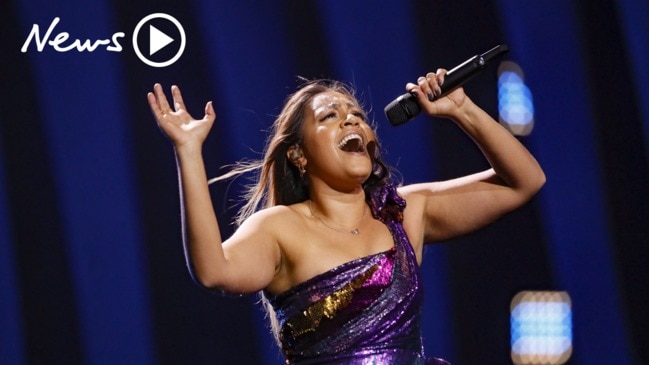
That tickled the curiosity of the EBU and the participating countries, so we were finally invited to their party in Copenhagen in 2014 when Jessica Mauboy performed as an interval act during the semis, the first non-European artist to do so.
She did such a sterling job, Australia was given a wildcard invite to compete and off Guy Sebastian went to Austria in 2015 and shocked the proverbial out of everyone to come fifth in our first ever contest.
RELATED: Eurovision Song Contest begins in Tel Aviv
If Eurovision was shocked that first year by the calibre of the Australian talent we were dispatching, then their minds were blown when Dami Im almost won the damn thing in 2016 in Sweden.
So we proved we give good Eurovision.
And the EBU and the host countries of this awesome big gay party were also very appreciative of our cash. Entrants pay a licence fee to compete in Eurovision and with the broadcasters of some European countries unable to stump the coin because of their parlous economic fortunes, Australia’s participation helps to keep the budget topped up.
We are confirmed to compete at Eurovision until 2023 and insiders suggest we will be welcome as long as we want to keep going.
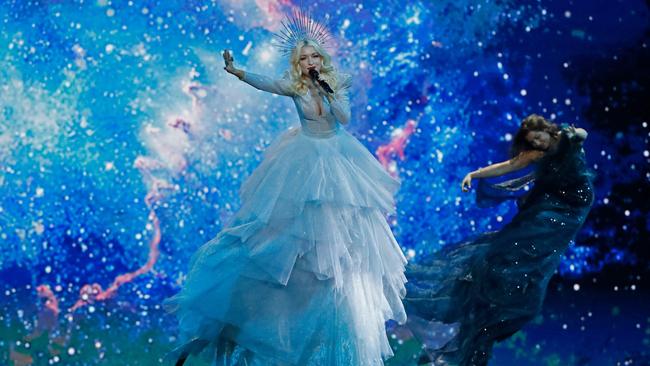
Australia is also now a vital Eurovision brand ambassador as negotiations continue to stage an Asian Song Contest in the region within the next few years.
Whether or not Europe would welcome Australia winning the 2019 Eurovision Song Contest via the superlative talent of Kate Miller-Heidke on Sunday morning remains entirely in the hands of the voters from the professional juries and fans.
RELATED: Kate Miller-Heidke’s rises up at Eurovision rehearsals
As this year’s theme attests, we can dare to dream.
And should the detractors continue to resist the notion of an Australian win and us then co-hosting the following year’s competition in Europe with an EBU member country of our choice, there is plan B.
With the American Song Contest now confirmed to kick off in 2021, the Asian Song Contest will soon follow and we will definitely be waving the Australian flag at that offshoot of the Eurovision brand.
Kathy McCabe is News Corp Australia’s National Music Writer.
Originally published as Australia should win Eurovision. Sadly, we won’t


